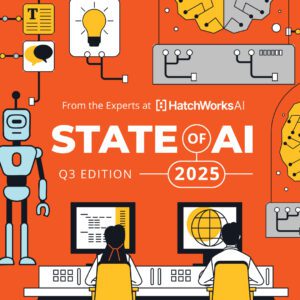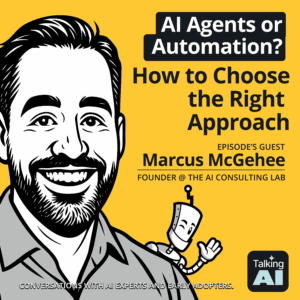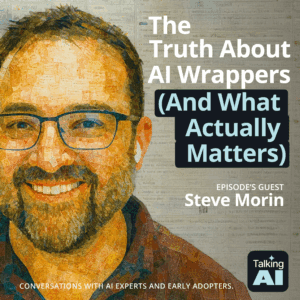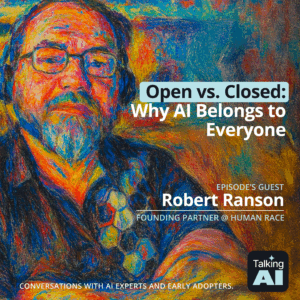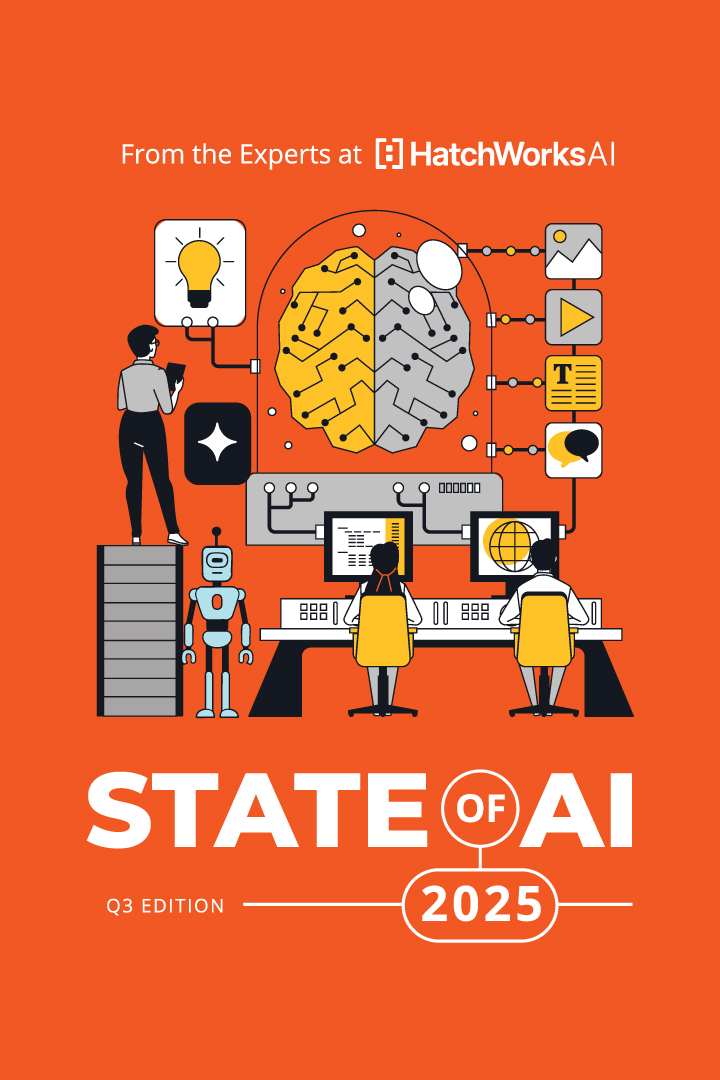What if the future of work is not just about humans collaborating with machines, but about creating entire organizations that operate through AI agents?
In this episode of the Talking AI podcast, host Matt Paige unpacks this concept with Alan Wunsche, Managing Partner at Agentware AI and an expert in organizational change and emerging technologies. Together, they discuss the rise of “agentic organizations,” where AI agents are not merely tools but integral members of the workforce, executing tasks autonomously and enhancing productivity.
Alan draws parallels between the current AI revolution and historical technological advancements, such as the printing press. He explains how organizations are beginning to give AI agents more agency, allowing them to take on responsibilities and make decisions that were once the domain of human workers. They also discuss the challenges organizations face in implementing AI agents, the critical role of HR leaders in managing the transition, and lots more.
- A look at ‘agentic organizations’
- Comparison of AI’s impact to historical technological revolutions
- A look at the transition of AI from assistant roles to autonomous agents
- The critical role of HR leaders in managing organizational change related to AI
- Insights into the challenges organizations face adapting to the advancements
- What the potential displacement of knowledge workers due to AI advancements could look like
- How to equip employees with new skills to thrive
- The evolving relationship between humans and AI agents
- Where people can connect with Alan
